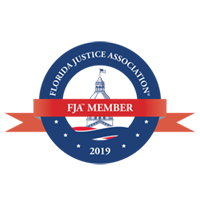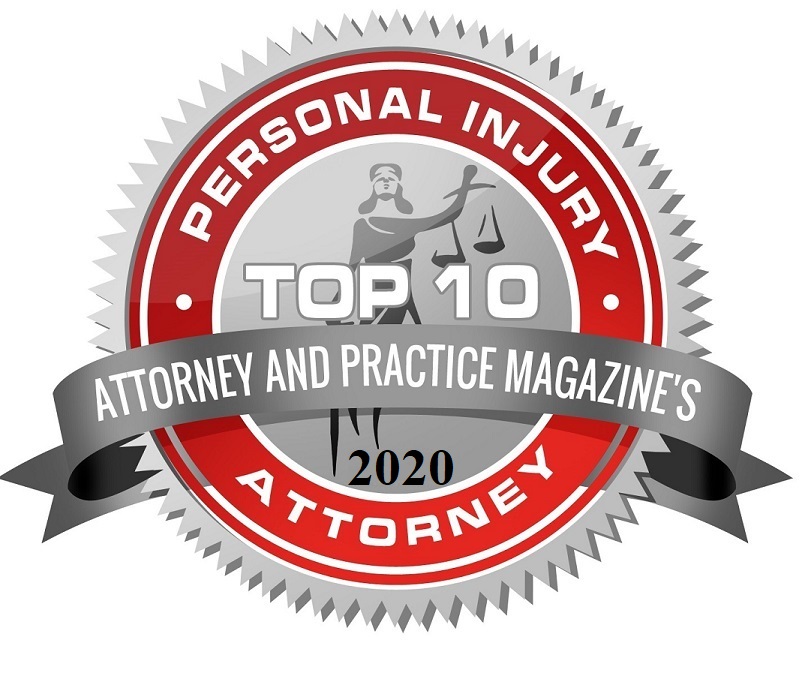Navigating the aftermath of a slip and fall incident in Florida can be a complex and overwhelming experience. For many individuals, the decision between seeking a settlement or pursuing a trial is a critical one. This choice is influenced by various factors that can significantly impact the outcome of the case. Understanding these factors is crucial for anyone involved in such a situation, as it can help guide the decision-making process and lead to a more favorable resolution.






Understanding Slip and Fall Cases in Florida
Slip and fall cases in Florida fall under the broader category of premises liability law. These cases typically arise when an individual is injured due to a hazardous condition on someone else’s property. Common scenarios include slipping on wet floors, tripping over uneven surfaces, or falling due to poorly maintained stairs. Property owners have a legal duty to maintain their premises in a reasonably safe condition and to warn visitors of any known dangers. When they fail to do so, they may be held liable for any resulting injuries.
In Florida, slip and fall cases are governed by specific legal standards that determine the responsibility of the property owner and the rights of the injured party. To succeed in a slip and fall claim, the injured party must prove that the property owner was negligent in maintaining the property or failed to warn of a known hazard. This often involves demonstrating that the owner knew or should have known about the dangerous condition and did not take appropriate action to address it.
The Role of Evidence in Determining Settlement vs. Trial
One of the most significant factors influencing the decision between settlement and trial in a slip and fall case is the availability and strength of evidence. Evidence is the foundation of any legal claim, and its quality can greatly affect the likelihood of success at trial or the willingness of the opposing party to settle.
In a slip and fall case, key pieces of evidence may include photographs of the accident scene, surveillance footage, witness statements, and medical records. For instance, if there is clear photographic evidence showing a dangerous condition, such as a wet floor without warning signs, the injured party’s case may be stronger. This could lead to a higher likelihood of reaching a favorable settlement, as the property owner may wish to avoid the risks and expenses associated with a trial.
Conversely, if the evidence is weak or inconclusive, the property owner may be more inclined to challenge the claim in court. In such cases, the injured party may need to consider the potential risks of going to trial, including the possibility of a less favorable outcome. Additionally, the quality of evidence can influence the amount of compensation offered in a settlement, with stronger evidence often leading to higher settlement offers.
The Impact of Liability Disputes on Settlement Decisions
Liability is another critical factor that can influence the decision between settlement and trial in a slip and fall case. In some cases, liability may be clear-cut, with the property owner admitting fault or responsibility for the hazardous condition. In these situations, the injured party may have a stronger position in settlement negotiations, as the property owner may wish to resolve the case quickly and avoid the costs of litigation.
However, liability is often disputed in slip and fall cases, especially when the property owner believes that the injured party was partially or fully responsible for the accident. Florida follows a comparative negligence rule, which means that the injured party’s compensation may be reduced if they are found to be partially at fault for the incident. For example, if the injured party was not paying attention or was wearing inappropriate footwear, the property owner may argue that they contributed to their own injury.
When liability is disputed, the injured party may face a more challenging path to obtaining a fair settlement. In these cases, the property owner may offer a lower settlement amount or refuse to settle altogether, forcing the injured party to consider the option of going to trial. The prospect of a trial can be daunting, as it involves significant time, expense, and uncertainty. However, if the injured party is confident in their case and believes that they can prove the property owner’s negligence, a trial may be the best option to achieve a just outcome.
Assessing the Potential Compensation in a Slip and Fall Case
The potential compensation available in a slip and fall case is another crucial factor that can influence the decision between settlement and trial. Compensation in these cases typically includes damages for medical expenses, lost wages, pain and suffering, and other related costs. The amount of compensation that the injured party may be entitled to depends on the severity of their injuries, the impact on their daily life, and the extent of the property owner’s negligence.
In some cases, the property owner or their insurance company may offer a settlement that fully compensates the injured party for their losses. When this happens, accepting the settlement may be a reasonable and efficient way to resolve the case without the need for a lengthy and uncertain trial. However, if the settlement offer is inadequate or does not account for all of the injured party’s damages, they may need to consider the possibility of going to trial to seek a higher award.
It is important to note that trials are inherently unpredictable, and there is no guarantee that the injured party will receive more compensation than what was offered in settlement. Additionally, trials can be emotionally taxing and time-consuming, with the potential for delays and appeals. As such, the injured party must carefully weigh the potential benefits of going to trial against the risks and uncertainties involved.
The Role of Legal Representation in Settlement Negotiations
The quality of legal representation is another key factor that can influence the outcome of a slip and fall case and the decision between settlement and trial. A knowledgeable and experienced attorney can play a crucial role in gathering evidence, negotiating with the opposing party, and advising the injured party on the best course of action.
An attorney who has experience with slip and fall cases in Florida will be familiar with the legal standards and procedures that apply to these cases. They can assess the strength of the injured party’s case, identify potential challenges, and develop a strategy for achieving the best possible outcome. In many cases, a skilled attorney can negotiate a favorable settlement on behalf of their client, avoiding the need for a trial.
However, if settlement negotiations are unsuccessful or if the opposing party is unwilling to offer fair compensation, the attorney may advise their client to proceed to trial. In this scenario, the attorney will play a critical role in presenting the case to the court, cross-examining witnesses, and advocating for their client’s rights. The decision to go to trial should not be taken lightly, and it is essential for the injured party to have confidence in their legal representation.
Choosing The Right Personal Injury Attorney Personal Injury Settlement TimelineRelated Videos
Considering the Time and Emotional Toll of a Trial
The decision between settlement and trial in a slip and fall case is not only a legal and financial one but also a personal and emotional one. Trials can be stressful and time-consuming, requiring the injured party to relive the accident and present their case in front of a judge and jury. This process can be emotionally draining, especially for individuals who have suffered significant physical and emotional trauma as a result of the accident.
On the other hand, settlements can provide a quicker and less adversarial resolution to the case, allowing the injured party to move on with their life and focus on recovery. Settlements also offer a degree of certainty, as the outcome is agreed upon by both parties, whereas trials are inherently unpredictable and may result in an unfavorable verdict.
For many individuals, the prospect of a lengthy and uncertain trial is a significant deterrent, leading them to prefer settlement over litigation. However, others may feel strongly that they deserve full compensation for their injuries and are willing to endure the challenges of a trial to achieve justice. Ultimately, the decision between settlement and trial is a deeply personal one that depends on the individual’s priorities, values, and circumstances.
The Importance of Understanding Florida’s Legal Landscape
Finally, it is essential to consider the specific legal landscape in Florida when deciding between settlement and trial in a slip and fall case. Florida’s laws and regulations governing premises liability, comparative negligence, and damages can significantly impact the outcome of a case. For example, Florida’s comparative negligence rule can reduce the injured party’s compensation if they are found to be partially at fault for the accident. Additionally, Florida has specific statutes of limitations that dictate the timeframe within which a slip and fall claim must be filed.
Understanding these legal nuances is critical for making informed decisions about settlement and trial. An experienced attorney who is well-versed in Florida law can provide valuable guidance and help the injured party navigate the complexities of the legal system.
In conclusion, the decision between seeking a settlement or pursuing a trial in a Florida slip and fall case is influenced by various factors, including the strength of evidence, liability disputes, potential compensation, legal representation, and the emotional toll of a trial. Each of these factors must be carefully considered to determine the best course of action for the injured party.
For those facing this difficult decision, seeking legal guidance from a trusted firm like Serrano Law can make all the difference. With their knowledge and experience in handling slip and fall cases in Florida, they can provide the support and representation needed to achieve a favorable outcome. To discuss your case and explore your options, contact Serrano Law today.



